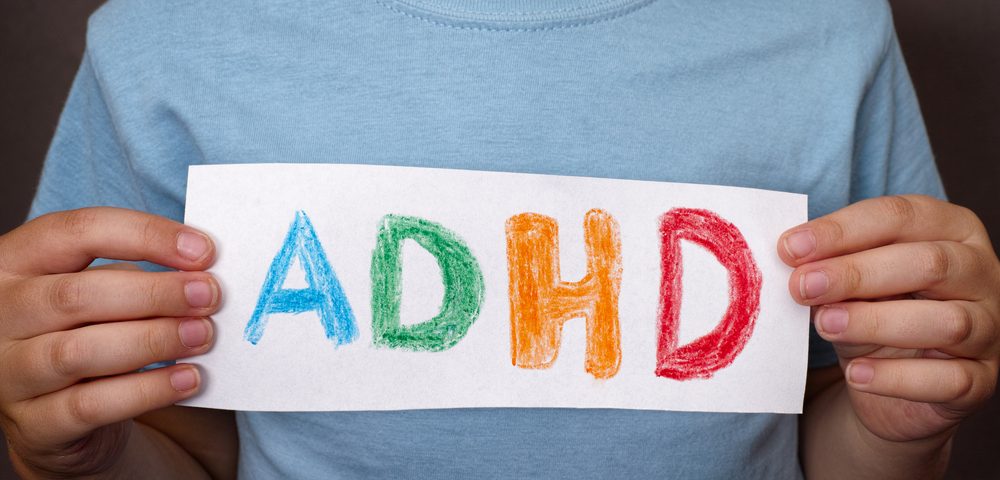
Peer Pressure in Junior High
April 29, 2024
Toxic Relationships for Teens
May 3, 2024Parenting a child with Attention-Deficit/Hyperactivity Disorder (ADHD) can present unique challenges, but with patience, understanding, and appropriate support, it’s entirely manageable. Here are some strategies for parenting a child with ADHD:
- Educate Yourself: Understanding ADHD is crucial. Learn about the symptoms, challenges, and treatment options. This knowledge will help you better support your child and advocate for their needs.
- Establish Structure and Routine: Children with ADHD often benefit from structure and routine. Establish consistent daily schedules for activities such as meals, homework, and bedtime. Use visual aids like charts or calendars to help your child understand and follow the routine.
- Set Clear Expectations and Rules: Clearly communicate expectations and rules to your child, and be consistent in enforcing them. Keep instructions simple and provide positive reinforcement for following rules.
- Break Tasks into Manageable Steps: Children with ADHD may struggle with tasks that require sustained attention and organization. Break tasks into smaller, manageable steps and provide frequent breaks. Offer support and encouragement throughout the process.
- Use Positive Reinforcement: Reinforce positive behaviors with praise, rewards, or privileges. Focus on strengths and progress, rather than solely on mistakes or challenges.
- Provide a Supportive Environment: Create a supportive home environment where your child feels safe expressing their thoughts and feelings. Encourage open communication and listen actively to your child’s concerns.
- Encourage Physical Activity: Regular physical activity can help reduce hyperactivity and improve focus and mood. Encourage your child to participate in sports, outdoor play, or other physical activities they enjoy.
- Limit Distractions: Minimize distractions in your child’s environment, especially during tasks that require concentration. Create a quiet, clutter-free study area and limit screen time and other distractions when necessary.
- Work with School and Healthcare Professionals: Collaborate with your child’s teachers, school counselors, and healthcare professionals to develop a comprehensive support plan. This may include accommodations at school, such as extra time on tests or preferential seating.
- Practice Self-Care: Parenting a child with ADHD can be challenging and demanding. Make sure to prioritize self-care and seek support when needed. Joining a support group or talking to other parents facing similar challenges can be helpful.
Remember that every child with ADHD is unique, and what works for one child may not work for another. Be patient and flexible, and continue to adapt your parenting strategies based on your child’s individual needs and strengths.
To learn more tips and parenting subscribe to MASK The Magazine, parenting solutions for today’s families
https://www.maskmatters.org/product/mask-the-magazine/
Or
Did you know that you can add past issues of MASK The Magazine and start your MASK Library –
https://www.maskmatters.org/product/single-issues-of-mask-the-magazine/



